Selective Nutritional Ingredients to Add to Your Dog's Diet
What you feed your dog will build his body's health.
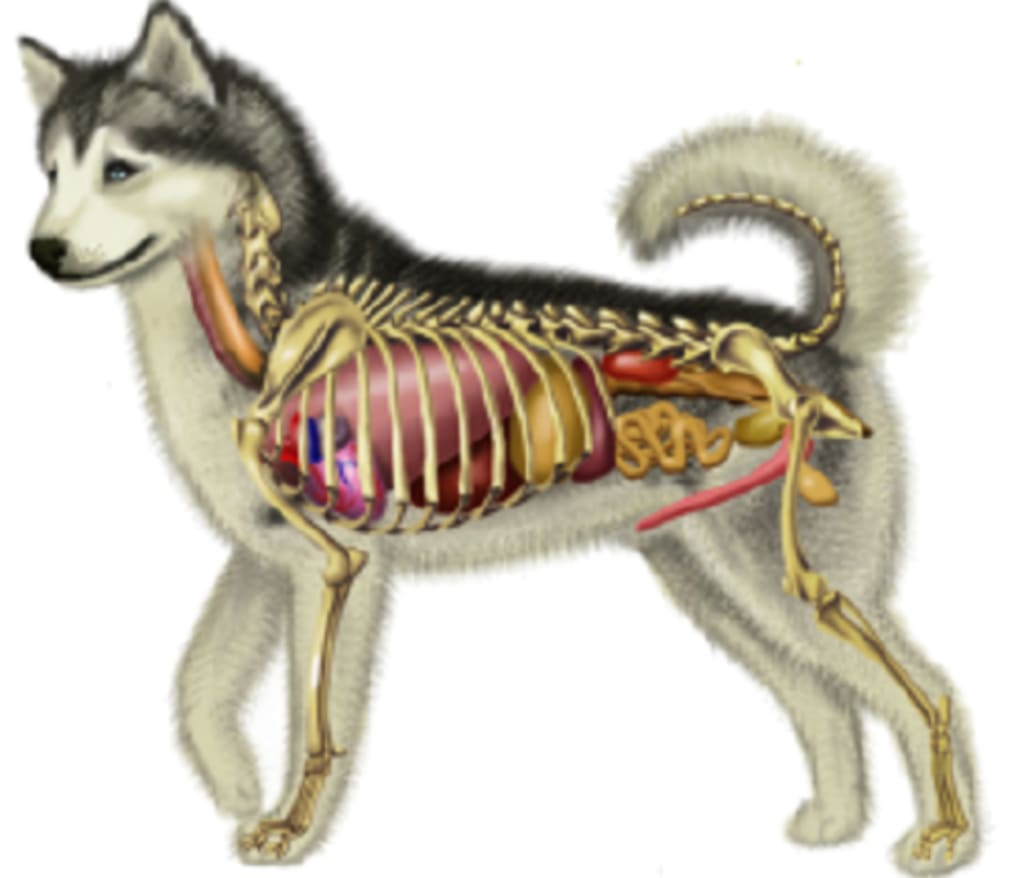
A dog's nutrition is an essential part of its longevity and quality of life. It can vary by age, breed, health, and weight of your dog. Whether you choose homemade or market brand, let's take a closer look at some of the vital food ingredients, that are sometimes overlooked in a dog's diet, that can, however, add great value to their overall health.
Two Important notes to take into consideration:
- When you introduce a new ingredient to your dog, always start with a very small portion, to test how his digestive system will react to it, before having it as a regular part of his diet, or as a treat.
- Always check with your veterinarian for any health concerns before adding any new ingredient.
Salmon Fish
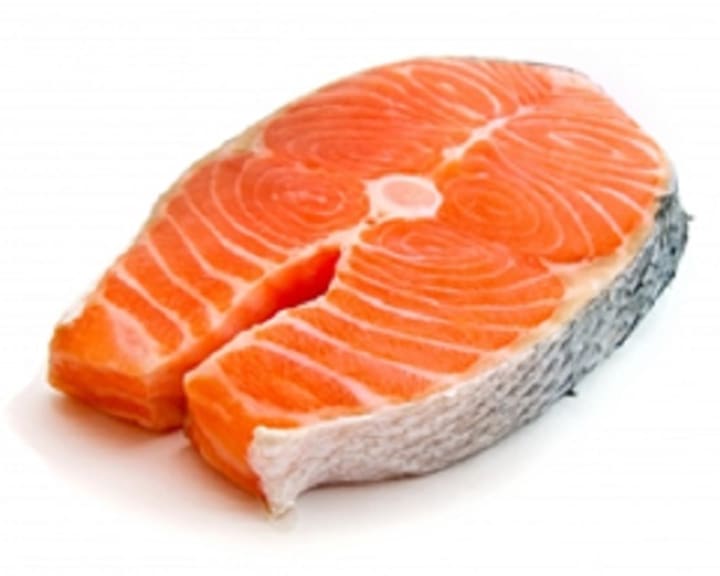
Salmon is a good source of omega-3 essential fatty acids that support the immune system. It may decrease inflammation, and can be beneficial for your dog’s skin and coat health. It's also a great source of protein that can be given to dogs allergic to sources of protein like chicken. It is rich in vitamin A, B, and vitamin D, and it’s also rich in minerals such as magnesium, potassium, and zinc.
Eggs
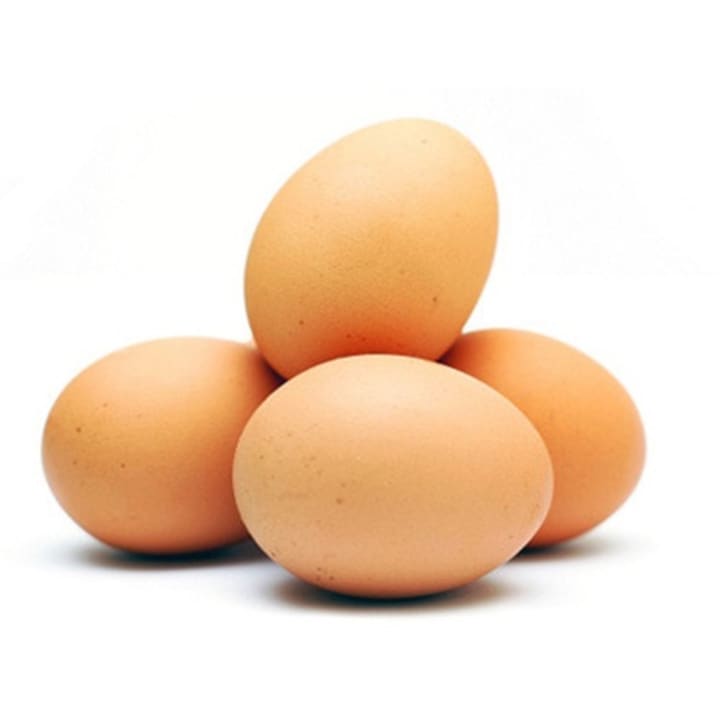
Eggs are a good source of Protein, Vitamin A, Riboflavin, Folate, Vitamin, B12, Iron, Selenium, and Fatty Acids. As well as eggshells that are very high in calcium. A great source of protein; it helps build muscle, strengthen the hair, and repair tissue
Yoghurt
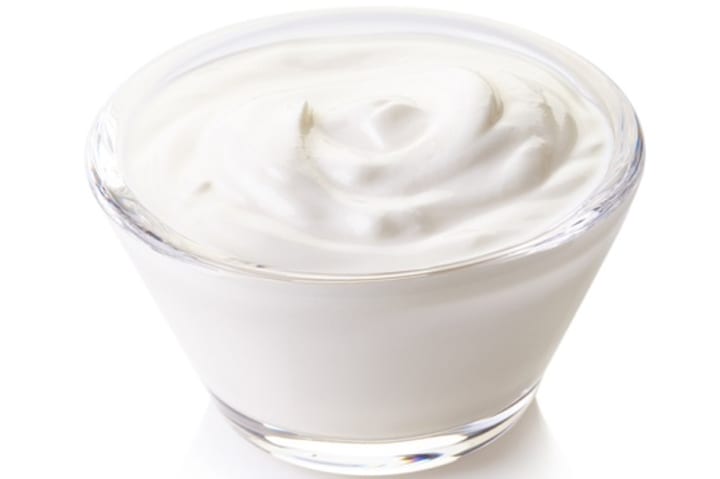
Plain, low, or non-fat yogurt provides probiotic benefits, and serves as an excellent source of calcium. It can be great for gut flora, balance control, and digestion improvement of lactose. It can also help reduce the incidence of yeast infections, and, can be a good source to control and reduce high levels of total cholesterol.
Oatmeal
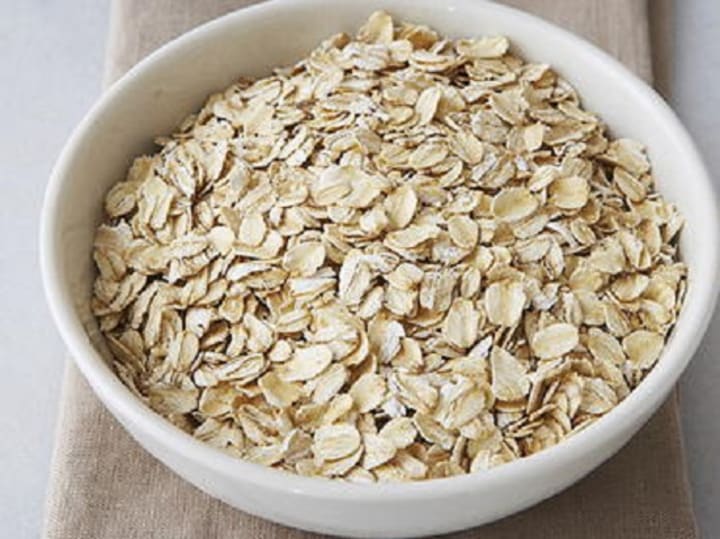
Oatmeal is a good source of soluble fiber, which can help regulate blood glucose levels. An alternative source of carbohydrate–grain for dogs that are allergic, or have a sensitive stomach in regards to wheat. Oats are full of linoleic acid, a type of omega-6 fatty acid that helps keep skin strong and healthy.
Pumpkin
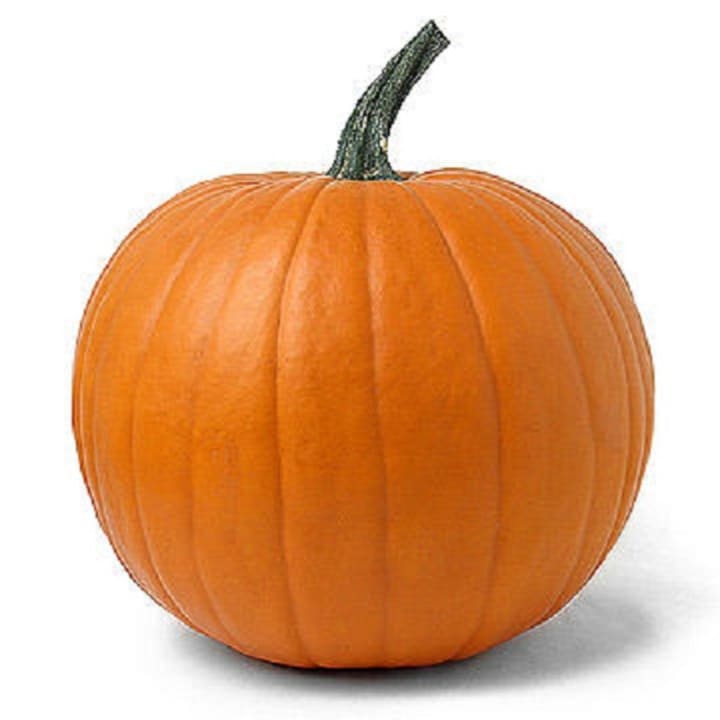
Pumpkin is a great source of Vitamins A, E, and C, Potassium, Iron, Beta-Carotene, and Fiber Antioxidants. Good for all sorts of digestive issues. It’s soothing on the digestive system, and is easy to digest. Surprisingly, pumpkin seeds can help rid your dog of intestinal worms!
Coconut Oil
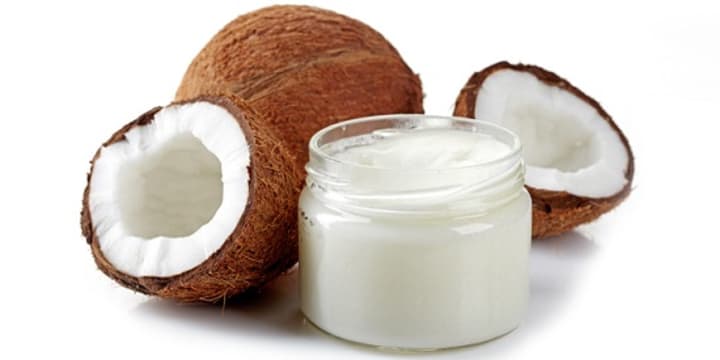
Coconut is a valuable source of lauric acid, which has antibacterial, antiviral, and anti-fungal properties. It also contains fiber, vitamins, and minerals. It can increase energy levels, improve skin and coat, improve digestion, and reduce allergic reactions.
Watermelon
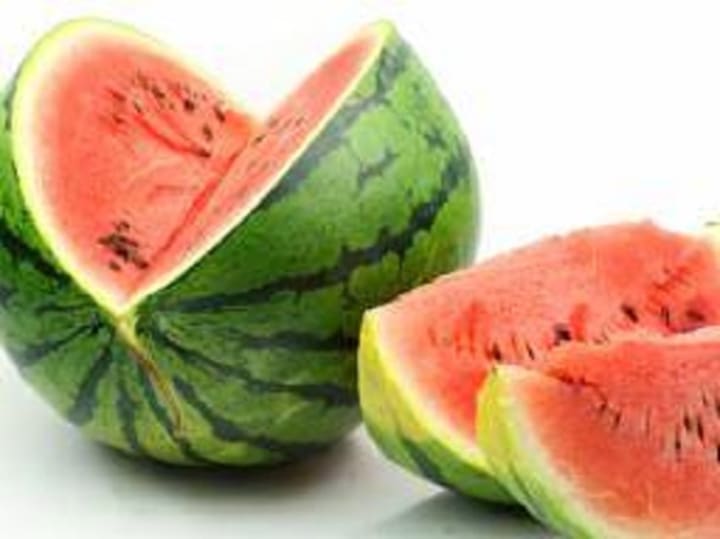
Watermelon provides excellent hydration during summer time in hot weather. Contains Vitamins A, B6, and C, and is a great source of Magnesium and Potassium. Avoid the inside seeds, or the rind of the fruit.
Chickpeas (Garbanzo Beans)
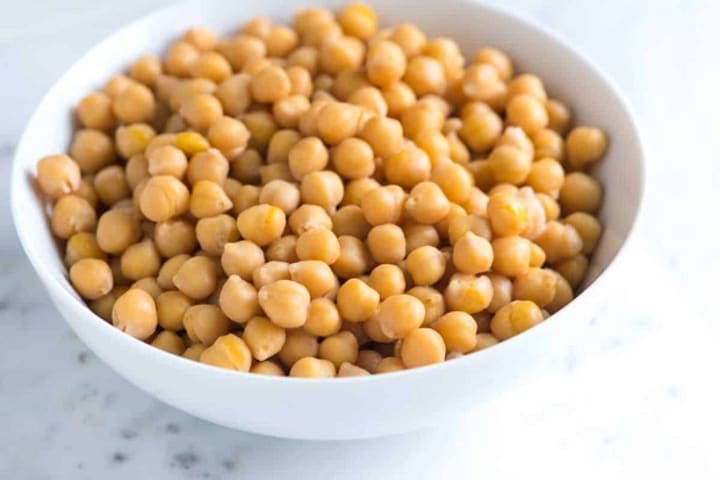
Chickpeas have a great balance of Protein and Fiber while being low in fat, and abundant in vitamins and minerals. It can be an alternative source of carbohydrates and grains with vital benefits for the immune system, heart, cell production, muscle, and digestive system. Includes "good" fat which can improve blood cholesterol levels.
Bell Pepper
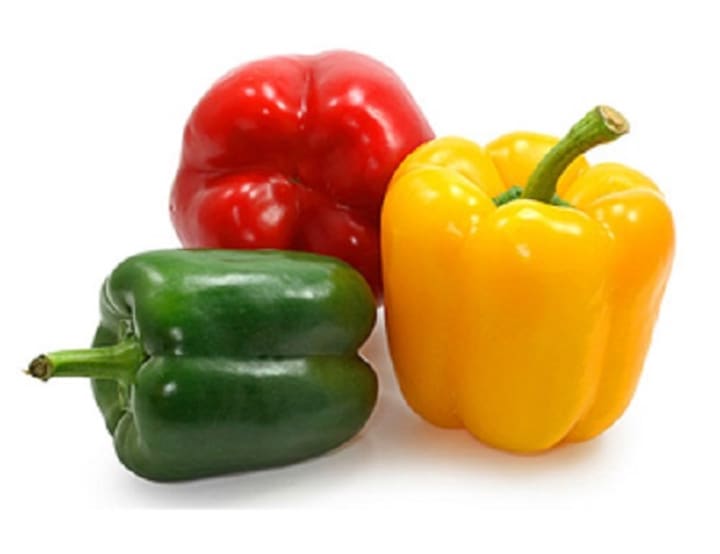
Bell Pepper is a low-calorie vegetable, rich in Vitamins A, E, B6, and Lutein and are great sources of Vitamin C and Beta-Carotene, which are great for skin, coat, and eye health. As well as, an important antioxidant source for a dog’s healthy immune system.
Peanut Butter
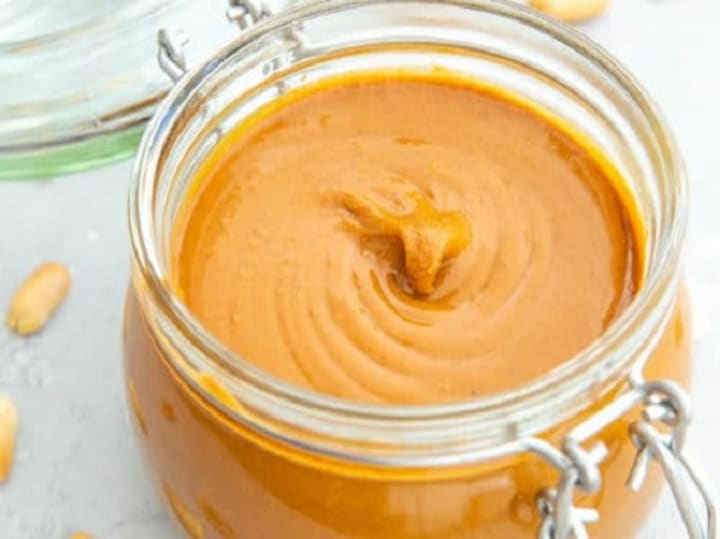
Peanut Butter is a great source of Protein, Vitamins B, and E, and heart-healthy fats. It supports the immune system. helps to have a shiny, healthy skin and coat. As well as, gives energy to your dog.
The conclusion is that a lot of human food ingredients are essential for your dog's overall health, and of course, everything in moderation will always give you successful results. Make sure to always read and research before feeding your pup. The above unique list can be given as a treat, or can be blended with your dog food, whether it is homemade or added on any market brand you are feeding.
In my next article, I will be sharing some easy recipes that include the above ingredients along with others, which would help you feed a variety of meals and treats that your dog will enjoy.
Below are insightful resources for dog's nutrition information and what human food you can or can not feed your dog:
AKC–Human Foods Dogs Can and Can't Eat
Canine JournalAbout the Creator
Dira Silvera
Animal advocate with passion for their well being and happiness as long as they breathe on this planet. Adventurous person we love for travel and exploring new places. And finally a beach lover with desire to retire in the Caribbean :)






Comments
There are no comments for this story
Be the first to respond and start the conversation.